Every word she [Lillian Hellman] writes is a lie, including 'and' and 'the.'
![Every word she [Lillian Hellman] writes is a lie, including 'and' and 'the.' Picture Quote #1 Every word she [Lillian Hellman] writes is a lie, including 'and' and 'the.' Picture Quote #1](https://img.picturequotes.com/2/18/17269/every-word-she-lillian-hellman-writes-is-a-lie-including-and-and-the-quote-1.jpg)
Every word she [Lillian Hellman] writes is a lie, including 'and' and 'the.'
The quote "Every word she writes is a lie, including 'and' and 'the'" is a scathing criticism made by Mary McCarthy about her fellow writer Lillian Hellman. This statement not only reflects the intense rivalry and animosity between the two women but also sheds light on the complexities of truth and fiction in literature.Mary McCarthy and Lillian Hellman were both prominent figures in the literary world during the mid-20th century. McCarthy was known for her sharp wit and incisive criticism, while Hellman was celebrated for her plays and memoirs. However, their relationship was fraught with tension and resentment, which eventually culminated in McCarthy's infamous remark about Hellman's writing.
The accusation that every word Hellman writes is a lie is a bold and provocative claim. It suggests that Hellman's work is not just fictional but deliberately deceitful. By including seemingly innocuous words like "and" and "the" in her indictment, McCarthy implies that Hellman's falsehoods permeate every aspect of her writing, no matter how small or insignificant.
This critique raises important questions about the nature of truth in literature. Can fiction ever be completely divorced from reality? Is it possible for a writer to create a work of art that is entirely free from falsehoods? McCarthy's assertion challenges the notion of objective truth in storytelling and highlights the subjective nature of interpretation.
Furthermore, McCarthy's comment speaks to the power dynamics and personal vendettas that can shape literary criticism. The rivalry between McCarthy and Hellman was not just about aesthetics or style; it was fueled by personal animosity and professional jealousy. McCarthy's harsh words were not just a critique of Hellman's writing but a condemnation of her character and integrity.

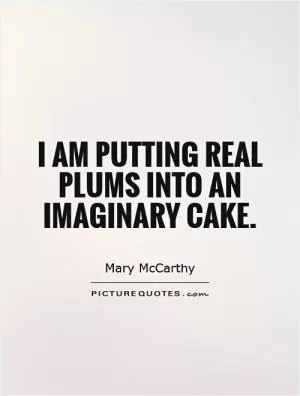

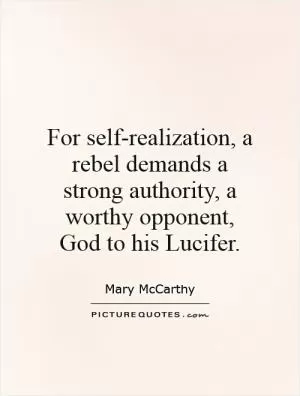
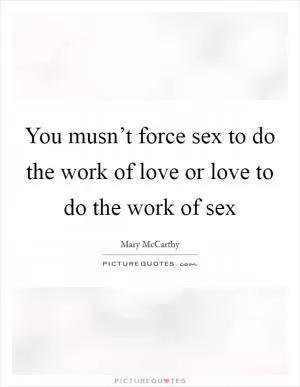
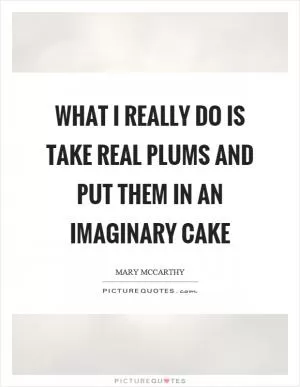
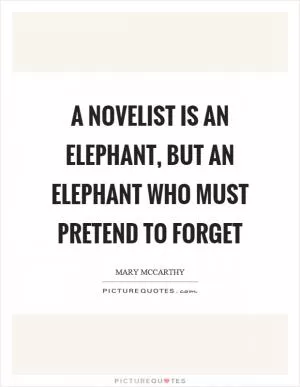


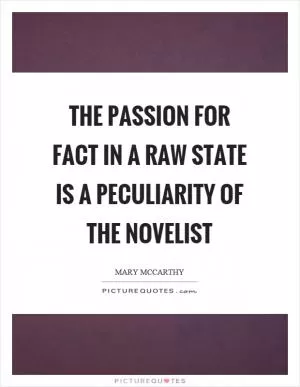


 Friendship Quotes
Friendship Quotes Love Quotes
Love Quotes Life Quotes
Life Quotes Funny Quotes
Funny Quotes Motivational Quotes
Motivational Quotes Inspirational Quotes
Inspirational Quotes